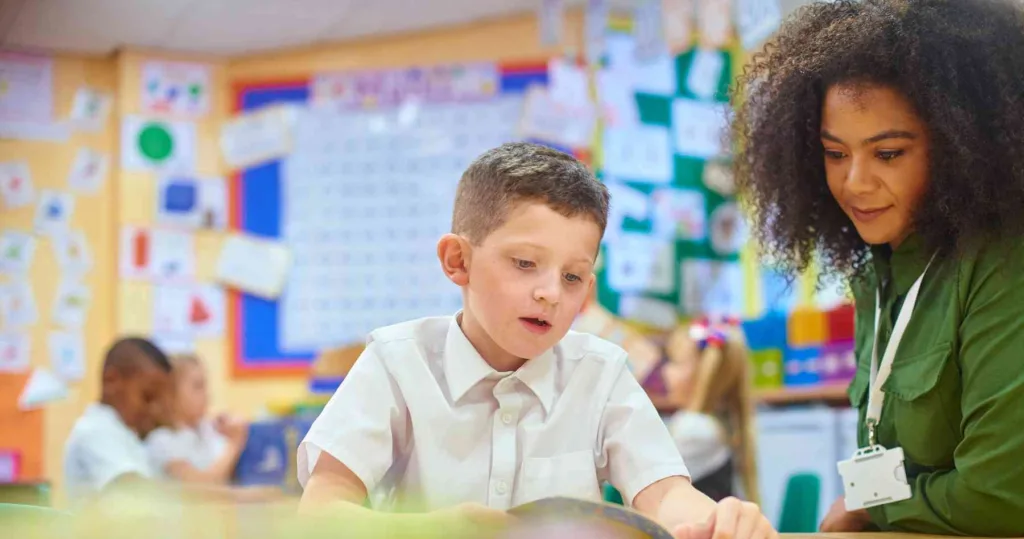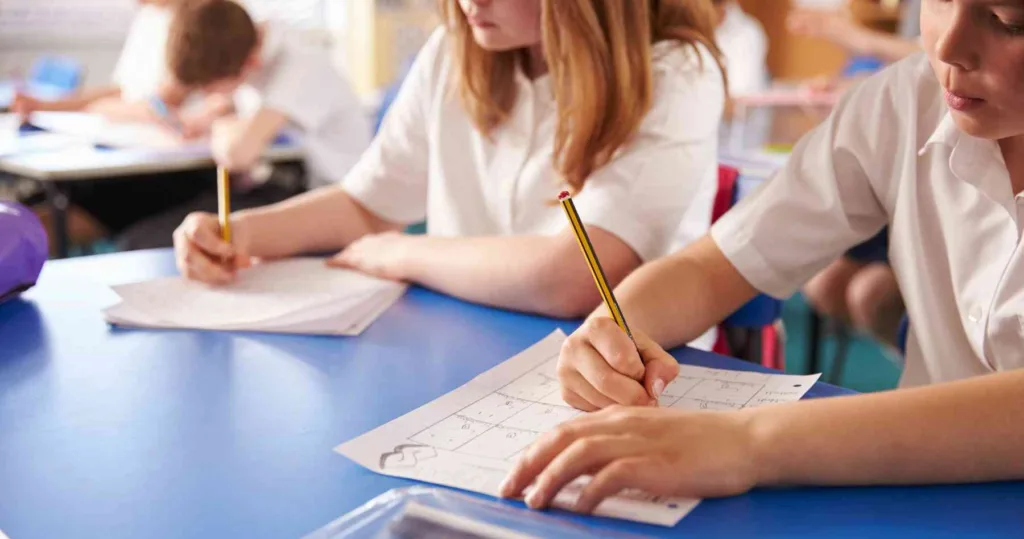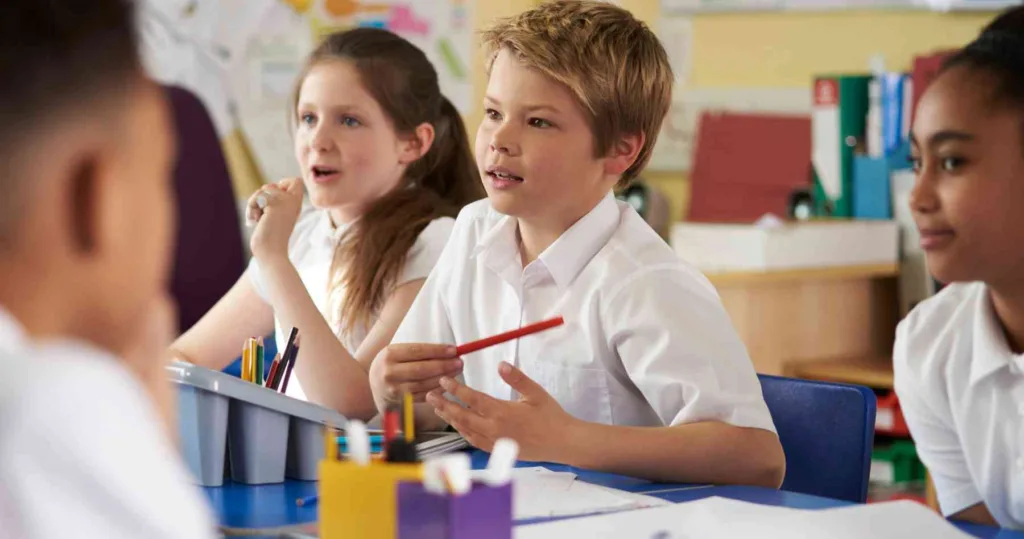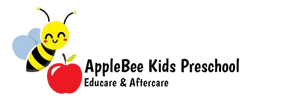Understanding the Montessori Approach to Pre-Primary Education
In the realm of early childhood education, the Montessori approach has garnered widespread acclaim for its unique philosophy and teaching methods. If you’re a parent, educator, or someone interested in the field of pre-primary education, understanding the Montessori approach is essential. In this comprehensive guide, we will delve deep into the Montessori approach to pre-primary education, exploring its principles, benefits, and why it has become a cornerstone of progressive education worldwide.

The Montessori approach to pre-primary education, often referred to simply as Montessori education, is a pedagogical philosophy developed by Dr. Maria Montessori, an Italian physician, and educator, in the early 20th century. This innovative approach prioritizes the child’s natural curiosity, independence, and love of learning, creating an environment that nurtures their intellectual, emotional, and social development.
The Montessori Approach: An Overview
At its core, the Montessori approach is centered around the belief that children are inherently capable of self-directed learning and exploration. Here’s a closer look at the key principles that define this approach:
Child-Centered Learning
The Montessori approach to pre-primary education places a strong emphasis on child-centered learning. This means that the educational process revolves around the child’s interests, needs, and developmental stage. In a Montessori classroom, children are given the freedom to choose their activities from a carefully prepared environment. This approach acknowledges that each child is unique and learns at their own pace.
Child-centered learning in Montessori classrooms encourages self-discovery and self-direction. Children have the autonomy to decide what they want to work on and for how long. This freedom fosters a sense of responsibility as they learn to manage their time and make choices. Instead of following a rigid curriculum, children follow their natural curiosity, which leads to a deeper and more meaningful understanding of concepts.
One of the fundamental principles of child-centered learning in Montessori is the belief that children are intrinsically motivated to learn. When they engage in activities that align with their interests, they become highly motivated and enthusiastic learners. This motivation is a powerful driving force that propels children to explore, experiment, and seek answers to their questions.
Furthermore, Montessori educators act as facilitators rather than traditional teachers. They observe each child’s progress and provide guidance and support when needed. This approach promotes a strong teacher-student relationship built on trust and mutual respect. It also ensures that children receive individualized attention and assistance tailored to their unique learning journeys.
In summary, child-centered learning is at the heart of the Montessori approach to pre-primary education. It empowers children to take charge of their learning, fosters independence and self-discipline, and nurtures a lifelong love for knowledge.
Prepared Environment
A key element of the Montessori approach to pre-primary education is the concept of a “prepared environment.” Montessori classrooms are carefully designed to create an atmosphere that is conducive to learning, exploration, and independence.
In a Montessori classroom, you’ll find a wide array of educational materials and activities, each meticulously chosen and arranged to meet the developmental needs of the children. These materials are typically made from natural materials like wood, metal, and glass and are designed to be aesthetically pleasing and inviting to children.
The materials in a Montessori classroom are self-correcting, meaning that children can independently identify and correct their mistakes. This aspect of the materials encourages children to learn through hands-on exploration and discovery. For example, math materials like the Montessori golden beads allow children to physically manipulate objects to grasp abstract mathematical concepts.
The organization of the classroom is intentional, with specific areas dedicated to various learning activities. There may be a practical life area where children learn everyday life skills, a sensorial area for refining their senses, a mathematics area, a language area, and more. This organization helps children develop a sense of order and structure in their learning environment.
The prepared environment also emphasizes aesthetics and orderliness. Children are taught to tidy up after themselves and maintain a clean and organized workspace. This not only instills a sense of responsibility but also creates a peaceful and harmonious atmosphere that supports learning.
In essence, the prepared environment in Montessori classrooms plays a pivotal role in facilitating self-directed learning. It offers children the tools and resources they need to explore and learn independently, fostering a sense of confidence and competence.
Mixed-Age Classrooms
Montessori classrooms are unique in that they often consist of mixed-age groups of children. This intentional blending of different age groups is a fundamental aspect of the Montessori approach.
Mixed-age classrooms reflect the belief that children can learn from and with one another. In such an environment, older children often serve as mentors and role models for younger ones. This mentorship dynamic encourages cooperation, empathy, and a sense of community among the students.
One of the advantages of mixed-age classrooms is that they allow children to progress at their own pace. In a traditional single-grade classroom, all students are expected to follow the same curriculum, which can be challenging for those who need more time to grasp concepts or for those who are ready for more advanced work. In a Montessori mixed-age setting, each child can progress through the materials and activities at their individual level.
Additionally, mixed-age classrooms foster a sense of continuity in education. Children have the opportunity to stay with the same teacher and peers for multiple years, creating strong and lasting relationships. This continuity contributes to a sense of security and familiarity, which can enhance the learning experience.
It’s important to note that the presence of older peers can inspire younger children to take on more challenging tasks and strive for excellence. Likewise, older children often find fulfillment in helping and guiding their younger counterparts, reinforcing their own understanding of concepts.
In summary, mixed-age classrooms in Montessori education promote collaboration, mentorship, and a sense of community while accommodating the diverse learning needs of each child.
Get In touch
Leave us a message
4 Claret Road, Table View, 7441
(021) 556 4146
office@applebeekids.com
Individualized Learning
One of the cornerstones of the Montessori approach to pre-primary education is individualized learning. Unlike traditional classrooms where a one-size-fits-all curriculum is the norm, Montessori classrooms recognize that each child is a unique learner with their own strengths, interests, and developmental timeline.
Individualized learning means that children progress through the curriculum at their own pace. There are no fixed timelines or rigid expectations. Instead, the Montessori approach respects each child’s natural rhythm of development. This approach ensures that no child is held back due to the pace of the class or pushed beyond their readiness.
In a Montessori classroom, the teacher closely observes each child’s progress and readiness for new challenges. When a child demonstrates mastery of a particular concept or skill, they are presented with more advanced materials to continue their learning journey. This approach encourages children to reach their full potential and fosters a deep understanding of concepts rather than superficial memorization.
Furthermore, Montessori education recognizes that learning is not confined to traditional subjects like math and language. It encompasses a wide range of experiences, including practical life skills, sensorial exploration, cultural studies, and more. Children are encouraged to explore and learn in all these areas, fostering a well-rounded education.
The individualized learning approach also promotes a healthy sense of competition. Children are not in competition with their peers; instead, they compete with themselves, striving to improve and master new skills. This approach cultivates a growth mindset and a love for learning.
In summary, individualized learning in Montessori education ensures that each child’s unique needs and abilities are met, resulting in a more fulfilling and effective educational experience.
Freedom Within Limits
While students have the freedom to choose their activities, there are clear boundaries and guidelines in place. This structure provides a sense of security and helps children understand the importance of respect and responsibility.


Benefits of the Montessori Approach
Understanding the Montessori approach to pre-primary education also means recognizing the numerous advantages it offers:
Holistic Development
Montessori education fosters the holistic development of children, addressing their cognitive, social, emotional, and physical needs.
Lifelong Love for Learning
By nurturing a natural love for learning, Montessori education instills a curiosity and thirst for knowledge that extends beyond the classroom.
Independence and Self-Confidence
Children in Montessori classrooms develop a strong sense of independence and self-confidence as they take charge of their learning journey.
Critical Thinking and Problem-Solving
The emphasis on hands-on learning and exploration cultivates critical thinking skills and the ability to solve complex problems.
Respect for Others and the Environment
The Montessori approach teaches children the importance of respecting others and their surroundings, fostering a sense of responsibility and empathy.
In conclusion, understanding the Montessori approach to pre-primary education opens up a world of possibilities for children’s growth and development. This child-centered, holistic, and innovative approach has been transforming education for over a century. By prioritizing individualized learning, independence, and a lifelong love for learning, Montessori education equips children with the skills and mindset they need to thrive in an ever-changing world.
So, whether you’re a parent considering Montessori education for your child or an educator seeking new insights into progressive teaching methods, embracing the Montessori approach could be the key to unlocking the full potential of young minds.
